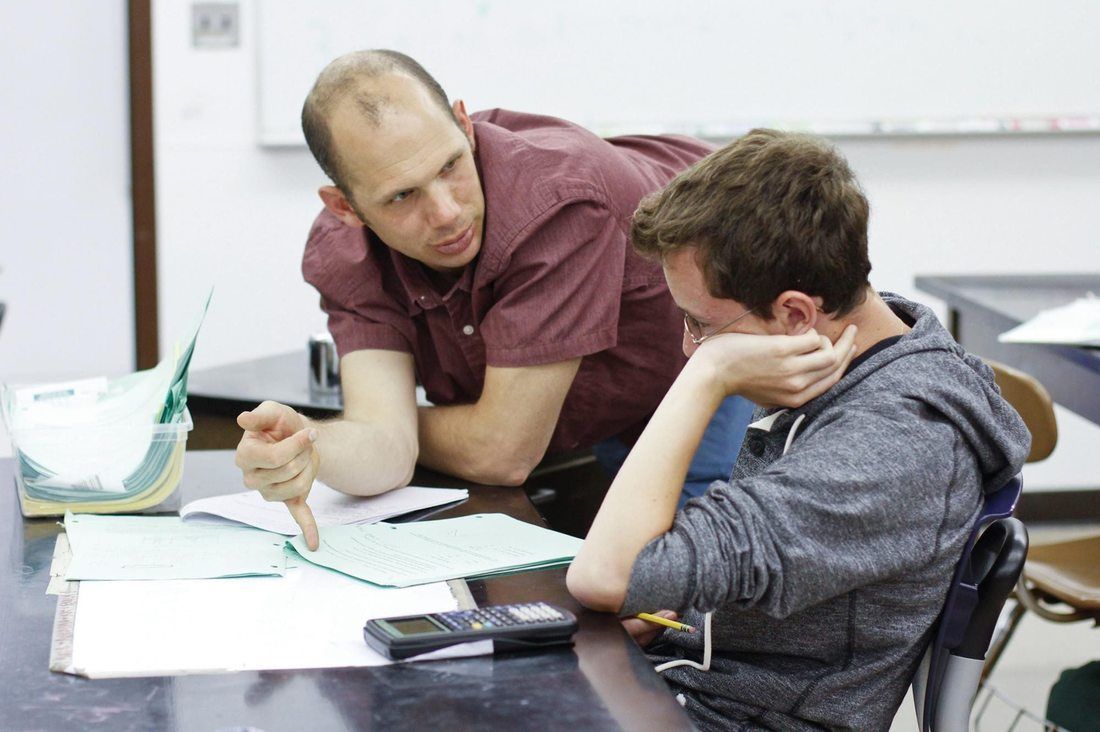|
|
|
In our Design for Social Good class, students were given a final project challenge: to apply their CAD, electronics, and Robotics skills to simulate robotics' applications in military and law enforcement. Our specific task was to create a user-friendly CAD-designed controller housing an Arduino Leonardo. This controller could remotely operate a robot, simulating the disarmament of a hypothetical explosive. Students controlled their robots from a different location by using their phones as cameras, which were mounted on the robots. They streamed video to their control station through platforms like Zoom or FaceTime. To understand the project instructions and grading criteria, click here. For documentation, students recorded their streamed video and added voice-over narration to explain the process. Below is an example:
Over the past two weeks I had the opportunity to develop and teach an elective class to expose students with no prior knowledge in Robotics to basic engineering and program via the Intersession program at my school. The program went well and the students seemed to benefit from a simplified/clear structure that leveraged autonomous robotics (via Lego EV3) and RC Robotics (via VEX V5) as the overarching pedagogical structure. Click here to access the curriculum for those of you who are also interested in introducing students to basic robotics at your school site or in your programs.
As my first complete semester of 100% distance leaning comes to a close (last spring was triage at best), I wanted to share all of my resources for fellow STEM teachers. I am by no means proud or this work as my curriculum was cut significantly short as I negotiated the myriad of distance learning roadblocks I'm sure we all faced. Regardless, there are nuggets that I am proud of, and some you might (specifically, chem, bio, and robotics teachers) find useful if you dig around enough. I simply feel an obligation to share. Reach out here with ANY questions.
Chemistry Resources Biology ResourcesRobotics. Resources I was honored to give a presentation yesterday to colleagues in Utah on strategies to promote engagement in the sciences when teaching in a 100% distance learning setting.
Rather than share an exhaustive list og best practices (which are constantly evolving), I decided to give participants a snap shot of my current thinking on distance learning science pedagogy which is heavily informed by constant reflective practice. Click here for a link to a PDF of the presentation which features my top four current strategies. I am sure these will change...but sharing reflection and iteration, I feel, is very powerful. At least for me. And it's my blog. :) While PhET and cK-12 HTML5 simulations have proved to be essential in facilitating 100% distance learning in my chemistry and biology classes, creating a meaningful distance learning system for my robotics elective course was much more difficult to dream up.
First, although the new VEX VR coding interface provides a fabulous coding/simulation environment for teaching robotics in a distance format, the thought of not doing hands on robotics during this time, resorting only to online simulations does not sit well with me. Because there are 20 students in my class, and we only have 10 sets of the VEX V5 system used in our traditional face-to-face course, current quarantine rules do not allow students to work in groups, and thus, creating take home kits composed of our pre-existing materials was not a possibility. In search of a cost affordable option that could be easily packaged and delivered to student homes, contained the ability to learn skills in coding beyond drag and drop interfaces, and could be programmed on a myriad of different devices, I stumbled across Edison, and its Python (EdPy) coding interface. Within a few days of discovering Edison I was able to secure enough funds to purchase one Edison and one add-on kit for each student. I am currently about to embark on Week 4 of the program, and although I haven't once seen students in person, they have interacted with their Edison Robot and the EdPy coding interface every day! There have been no coding hiccups, uploading of code issues, or the many different technical malfunctions that are traditionally associated with learning a new robotic system. Distance learning in robotics, once the subject I feared the most teaching remotely, is not my favorite class to implement thanks to Edison! Click here to scroll through the curriculum that I am currently implementing (scroll down through the document to see all lesson plans leveraging the Edison robot). Below are links to examples of public Padlet boards used to house student products for each challenge. Check them them out and view student video products for a more observable/tangible idea of how Edison has been transforming my distance robotics class. Although I am very much looking forward to jumping back into our face-to-face VEX V5 curriculum in the coming months (fingers crossed), Edison has provided added so much value to a class that I feared would struggle the most in the distance learning format. |
Categories
All
Archives
March 2024
|

 RSS Feed
RSS Feed